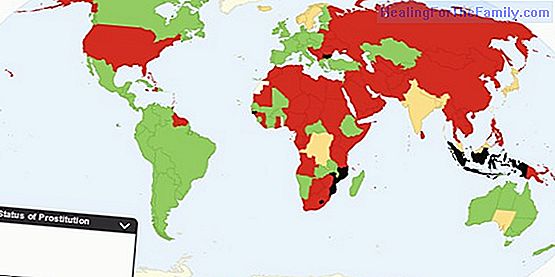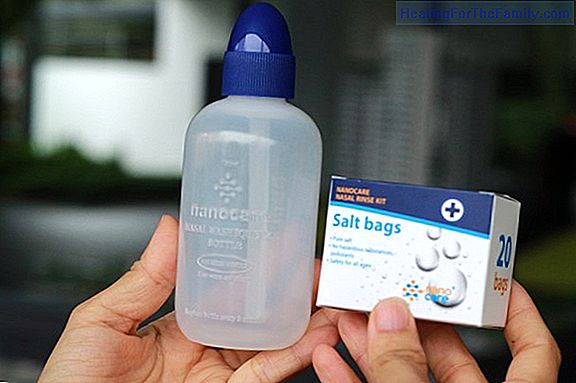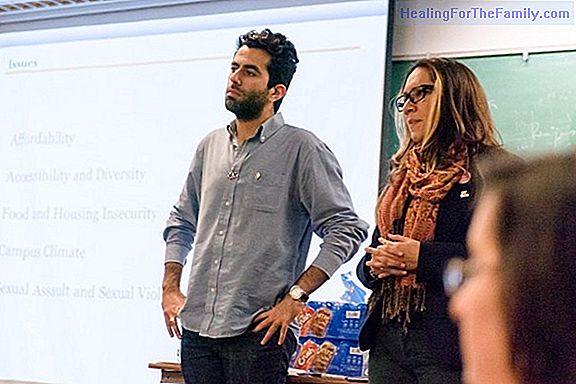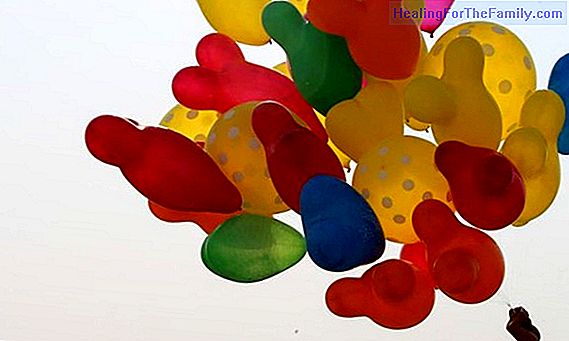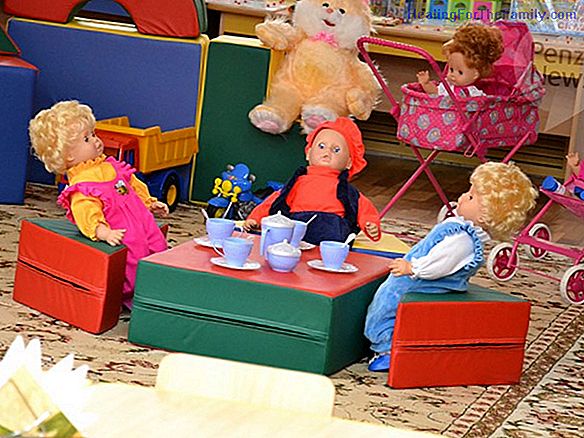How to help distrustful children
All of us, at some point in our lives, have felt distrust towards someone or something, and that is a defense mechanism that we have and that sometimes simply appears. Mistrust is a clear sign of fear and arises when we think we are helpless, that is, if we feel insecure. Distrustful children When a
All of us, at some point in our lives, have felt distrust towards someone or something, and that is a defense mechanism that we have and that sometimes simply appears. Mistrust is a clear sign of fear and arises when we think we are helpless, that is, if we feel insecure.
Distrustful children
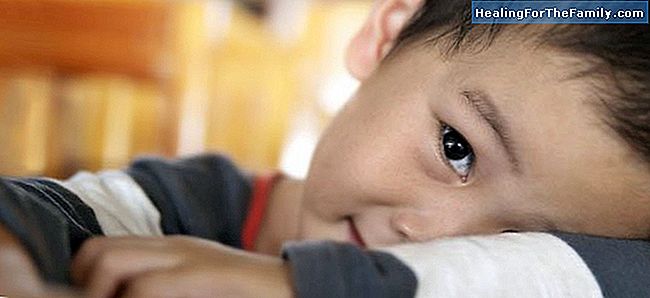
When a child is distrustful it is not something that is totally negative, it is a way to protect himself and to put limits on others so that they do not hurt him. But when the distrust is extreme, then emotional problems may arise that must be worked on, and in children, parents will be responsible for helping them to have more confidence but without completely removing the limits to protect themselves from any aspect that may generate insecurity. .
When a child learns to trust others and set limits, he will be learning to have confidence in himself and to have more self-esteem, something that will undoubtedly make him feel much better with the world around him. But how to help a distrustful child?
5 tips to help a distrustful child
1. Trust. The place where the child should feel trust and security is always in the family. At home, the child should feel that he can trust each member of his family and the most important thing they can trust him.
2. Acceptance. Mistrustful children, feeling insecure feel that the perception they have towards him is not good, so they should feel accepted by others (especially by their parents) to be able to believe in themselves, and then in others.
3. Afect.Affection is a need that all people need to be able to develop with trust and confidence in ourselves. When others accept us and show their affection we will feel important and we will be able to achieve anything, trusting those who deserve it. 4.
Balance. Children need to learn to find a balance between distrust and trust. It is not a good idea to distrust everyone, but it is good to give opportunities to people. It is necessary not to trust people we do not know but not to distrust in a way that prevents us from meeting new people. 5. Experiences.
Help children not to be afraid of experiences, to be able to enjoy what they do every day. For this they must know that not everything is perfect and that there are mistakes that are sometimes made, but that help us to learn and be better people.


